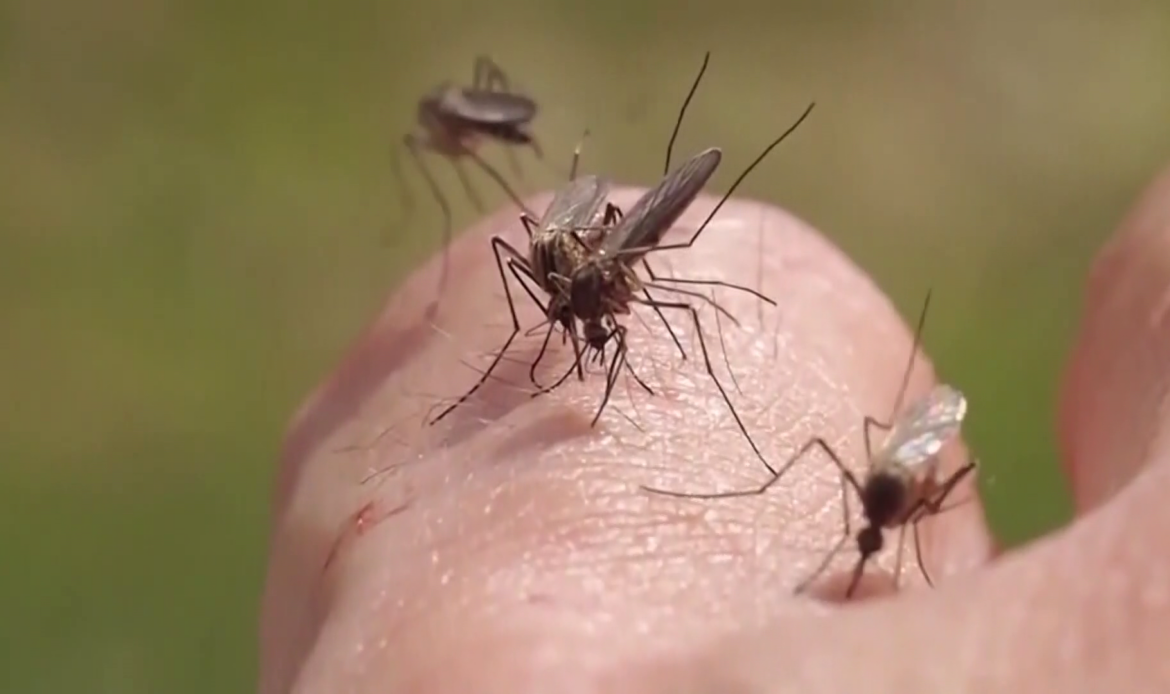
The Florida Department of Health is issuing a statewide mosquito-borne illness advisory following four confirmed cases of malaria in Sarasota County.
Malaria is transmitted through infected mosquitoes. The advisory issued on Wednesday warns residents to take precautions by applying bug spray and avoiding areas with high mosquito populations.
They also advise wearing long-sleeved clothing when possible, especially during sunrise and sunset when mosquitoes are most active.
The Health Department continues to work closely with local partners and county mosquito control. Aerial and ground mosquito spraying continues to mitigate the risk of further transmission.
The cause of malaria has been identified as the Plasmodium vivax species. Effective treatment is readily available through hospitals and other healthcare providers.
Genetically Modified Mosquitoes Stunt Malaria Parasite Growth, Prevent Transmission
Scientists led by researchers from the Transmission:Zero team at Imperial College London have engineered mosquitoes that slow the growth of malaria-causing parasites in their guts, and prevent transmission of the disease to humans. The mosquitoes carry a genetic modification that causes them to produce compounds in the gut that stunt the growth of the malaria parasites, meaning that the parasites are unlikely to reach the mosquitoes’ salivary glands and be passed on to a human in a bite before the insects die.
The research team showed that the strategy can dramatically reduce the possibility of malaria spreading, in a lab setting. If proven safe and effective in real-world settings it could offer a powerful new tool to help eliminate malaria. Collaborators from the Institute for Disease Modeling at the Bill and Melinda Gates Foundation also developed a model that, for the first time, can assess the impact of such modifications if used in a variety of African settings. They found that the modification developed by the Transmission:Zero team could be a powerful tool for bringing down cases of malaria even where transmission is high.
The innovation is designed so it can be coupled with existing “gene drive” technology to promote the spread of the modification and drastically cut malaria transmission. The researchers aim to test whether their approach can block the transmission of parasites that have infected humans, as well as those that have been lab-reared. The safety of the new modification will be tested thoroughly before combining it with a gene drive for real-world tests.
If all goes well, field trials are anticipated within 2–3 years. George Christophides, PhD, a professor in the department of life sciences at Imperial, said, “History has taught us that there is no silver bullet when it comes to malaria control, thus we will have to use all the weapons we have at our disposal and generate even more. Gene drive is one such very powerful weapon that in combination with drugs, vaccines, and mosquito control can help stop the spread of malaria and save human lives.”

